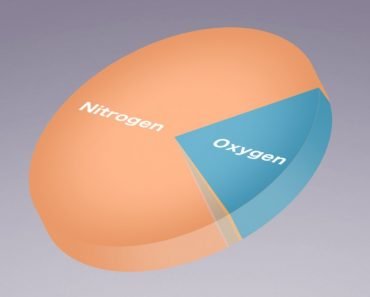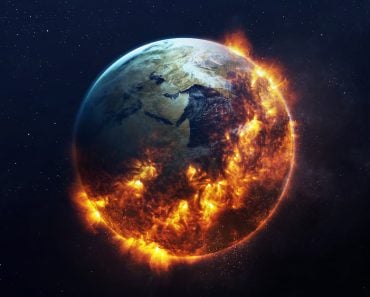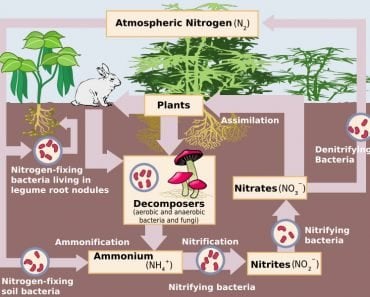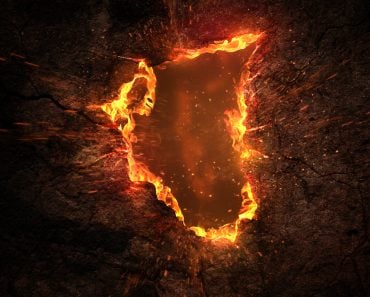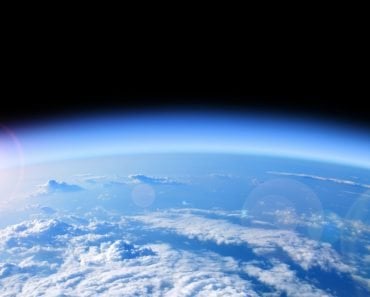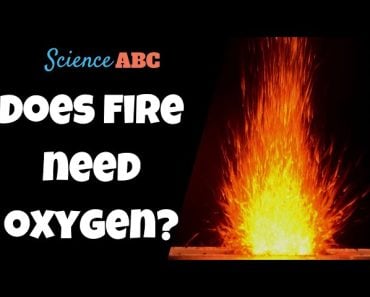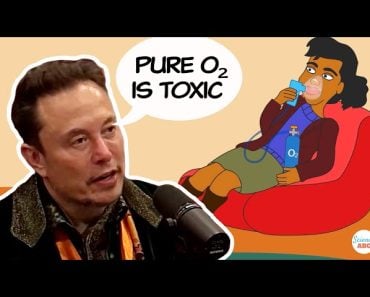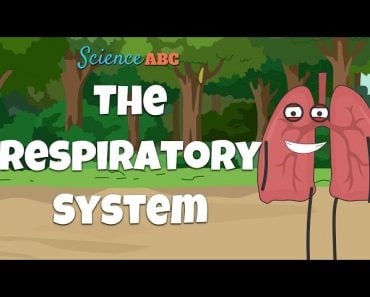Table of Contents (click to expand)
If we had twice the amount of oxygen we have now, animals would grow larger, Neutrophils would have an increased capacity to fend off harmful viruses and bacteria, and plant life would speed up processes like respiration and combustion. However, too much oxygen can lead to something called ‘oxygen toxicity’, which would cause rampant harmful oxidation in cells and lead to exhaustion and death.
Oxygen is the most essential gas for the existence of biological life forms on Earth, even though it comprises only 21% of the air in our atmosphere. Oxygen is used for respiratory processes in animals to produce energy, for burning fuel to produce heat and light, as a coolant in high processing computers, and for providing a safe environment for newborns in pediatric incubators. Clearly, oxygen is a highly employed commodity in the world.
While oxygen is not a heat-capturing greenhouse gas, its concentration in our atmosphere (as ozone, which is the trioxygen form) affects how much sunlight reaches the ground, thereby altering and regulating the climate of our planet.
If the oxygen from our planet were to disappear, all life would burn to a crisp in the scorching heat of the unshielded UV rays from the sun. Our inner ears would explode due to the change in atmospheric pressure, all metals would weld together due to an absence of oxide layers, and all concrete structures would lose their rigidity and collapse due to the lack of the oxygen molecule in CO2. Everything containing water would evaporate as hydrogen into space, while everything above Earth’s crust would plummet into a free fall towards the Earth’s core, as 45% of the core is oxygen.
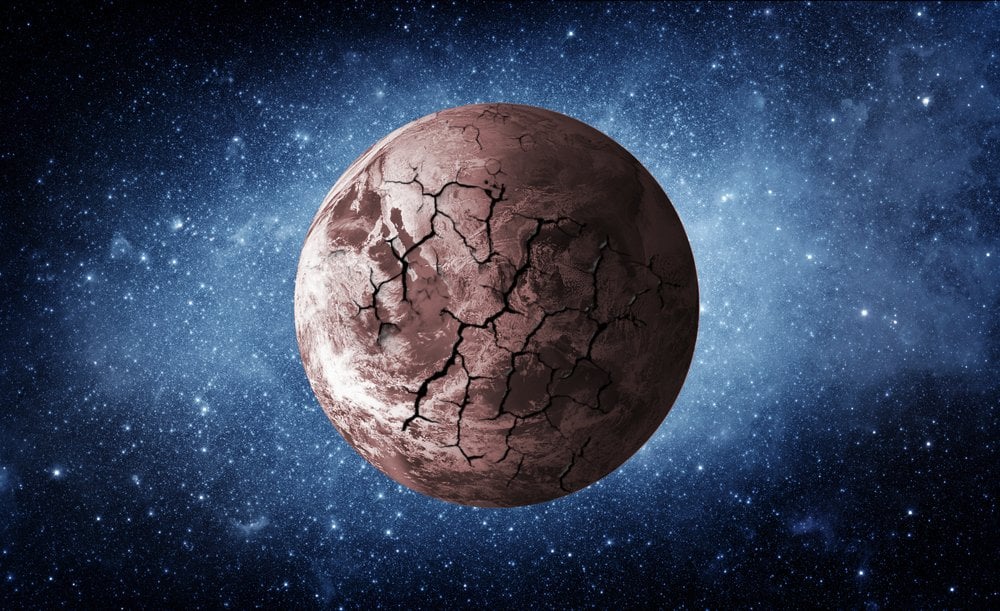
With all that in mind, it would seem appropriate to assume that oxygen is the driving force of everything on this planet. However, have you wondered, what would happen if oxygen levels were doubled on Earth?
Recommended Video for you:
Effects Of Doubling The Oxygen In The Atmosphere
Well, that will be for you to decide. Here are the most significant effects that such increased levels of oxygen would have on our planet.
Effects On Animals
Spiders, roaches and many other creepy crawlers you mat have dreaded all your life will grow even larger in size. These tiny beings breathe through tiny tubes called trachea, so with more oxygen entering these tubes, their bodies will eventually expand and grow in size. Dragonflies would grow to the size of hawks, while spiders would have a large enough appetite enough to gobble down pigeons.

However, you won’t have to worry about your safety from these monsters, as you will be able to outrun them all. Due to the availability of more oxygen to the lungs, with every breath you take, your stamina would increase tremendously. Oxygen-rich blood would pump through your veins, fueling your muscles with energy, while better blood circulation will give you greater agility and concentration. Speed records of athletes would improve drastically, shattering previous world records so new ones could be set in the oxygen-rich future.

Neutrophils are a type of white blood cell that forms a critical part of our immune system by using oxygen to fight disease. These cells will have an increased capacity to fend off harmful viruses and bacteria, due to the higher availability of oxygen, leading to fewer and less frequent diseases and sicknesses.
It seems pretty fun up to this point, but just wait until this excess oxygen starts weighing you down. Too much oxygen can lead to something called ‘oxygen toxicity’. The excess oxygen at a higher partial pressure (concentration and partial pressure are directly proportional) will cause rampant harmful oxidation in your cells causing them to die.
Increase in oxygen will also speeden up metabolism. This could cause over-exertion of your bodily organswill lead to exhaustion and fatal consequences for your body, literally dropping you in your tracks. Deaths from exhaustion will be more common than death from the disease.
Effects On Plant Life
In the event of doubling the oxygen levels on Earth, the most significant changes would be the speeding up of processes like respiration and combustion. With the presence of more fuel, i.e. oxygen, forest fires would become more massive and devastating. Wet vegetation would not provide protection either. Anything and everything would burn more easily.
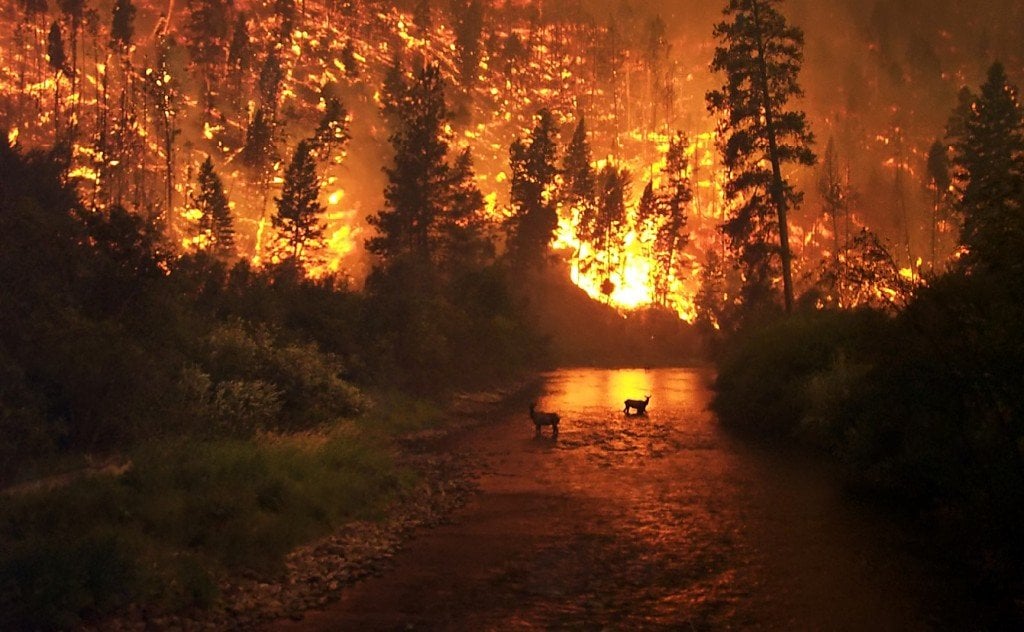
At the same time, processes like photosynthesis would be sedated due to lower concentrations of carbon dioxide in the atmosphere. Green vegetation would give way to a more prehistoric landscape, thronged with mosses and mushrooms.
Effects On Mountainous Regions
For all the backpackers and wanderers who dream of castles beyond the clouds, or of living on the peaks of the highest mountains, but the low oxygen levels there don’t make life easy, here’s some good news. With double the oxygen levels in the atmosphere, breathing problems would be the least of their problems, and living at higher altitudes would no longer pose any real problem.

This would soon lead to taking over mountainous regions and making them into habitable zones, ultimately deteriorating these natural formations and soil quality. Ice cover on mountain peaks would reduce significantly with plant and animal life thriving there.
Effect On Earth’s Atmosphere
With increased oxygen levels, the air density in the atmosphere would also increase. This, in turn, would enable aeroplanes, gliders, parachutes and birds to fly higher up in the sky and stay in flight for longer periods. A higher oxygen concentration would lead to a thicker atmosphere, which would scatter more sunlight, make the sky look bluer and lower the air temperature.

Effects On Machines And Engineering
Oxygen in fuel improves engine performance by reducing the amount of nitrogen entering the engines, which causes them to heat up. Less heat would mean improved performance, as well as lower fuel consumption levels. This would definitely lead to better and more efficient industries and automobiles in the world.

However, the greater combustion of fuel will release more exhaust gases, eventually crippling the atmosphere.
Conclusion
As history shows us, bad outcomes often follow good situations. The perks of having twice the amount of oxygen on Earth are intriguing, but it would be at the cost of a shorter life span and a more unpredictable planet.
We should count ourselves lucky that our planet is the perfect mix of just the right amount of everything. 21% oxygen might seem pretty low when considering the lives of billions hanging in the grasp of this dephlogisticated air, yet you now know how fatal it could have been if the universe had decided to write a different recipe for our planet!
References (click to expand)
- Rise in oxygen levels links to ancient explosion of life .... Phys.org
- What would happen if the air was pure oxygen? - Rhodium Zone. I'm a Scientist, Get me out of here!
- Oxygen - Element information, properties and uses. rsc.org
- Atmospheric oxygen - Energy Education. energyeducation.ca
- Oxygen - UCAR Center for Science Education. The University Corporation for Atmospheric Research


